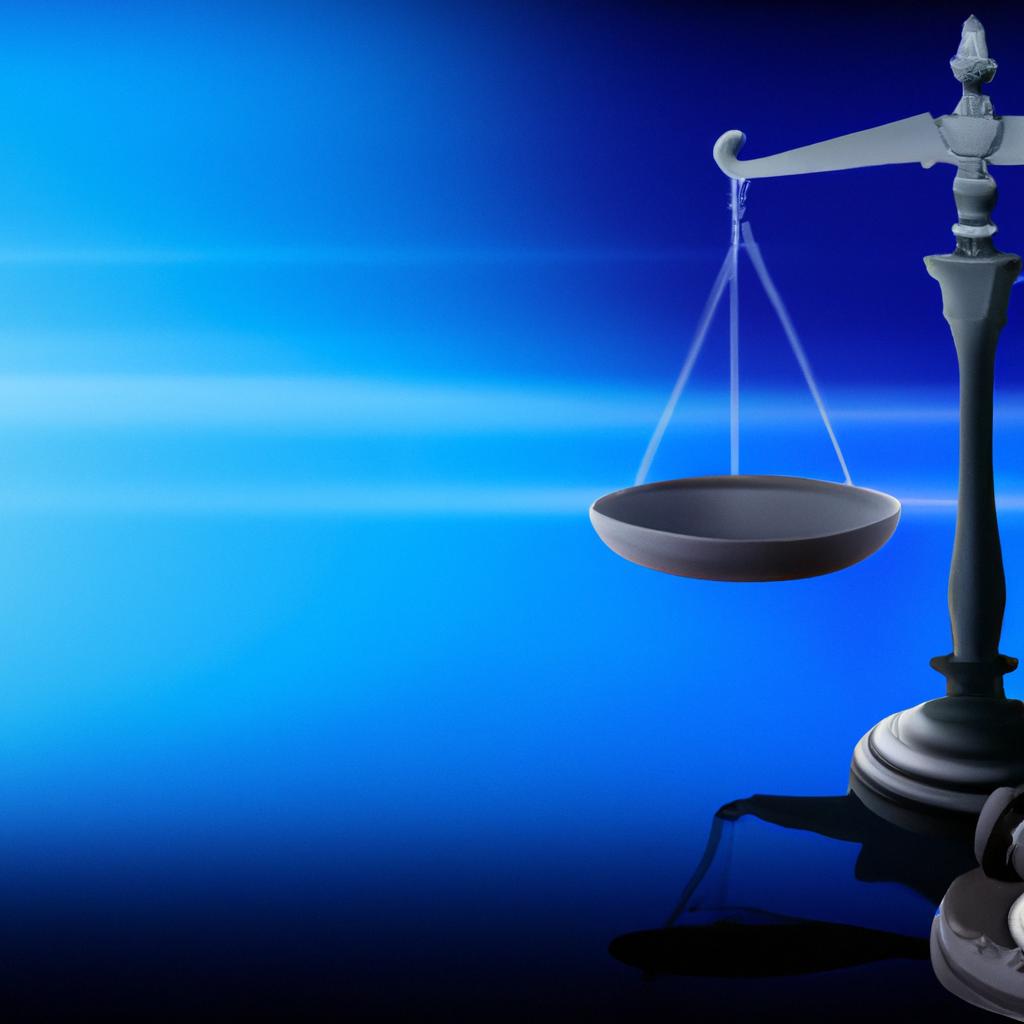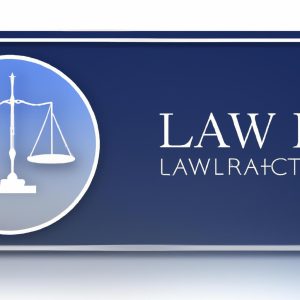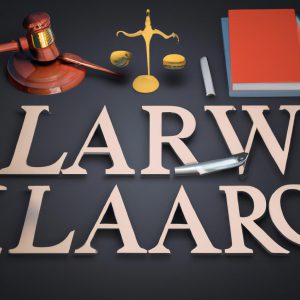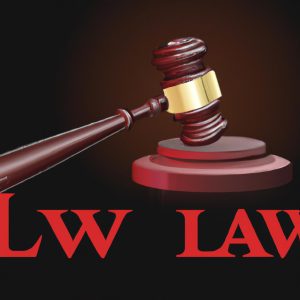When it comes to managing someone’s affairs, the roles of a trustee and a power of attorney (POA) are often misunderstood or used interchangeably. However, it is crucial to understand the distinct duties and responsibilities of each in estate planning. As experienced attorneys at Morgan Legal Group in New York City, we specialize in navigating the complexities of trustee and POA relationships to ensure the protection of our clients’ assets and wishes. Join us as we delve into the intricate differences between trustees and POAs and the importance of selecting the right individual for each role.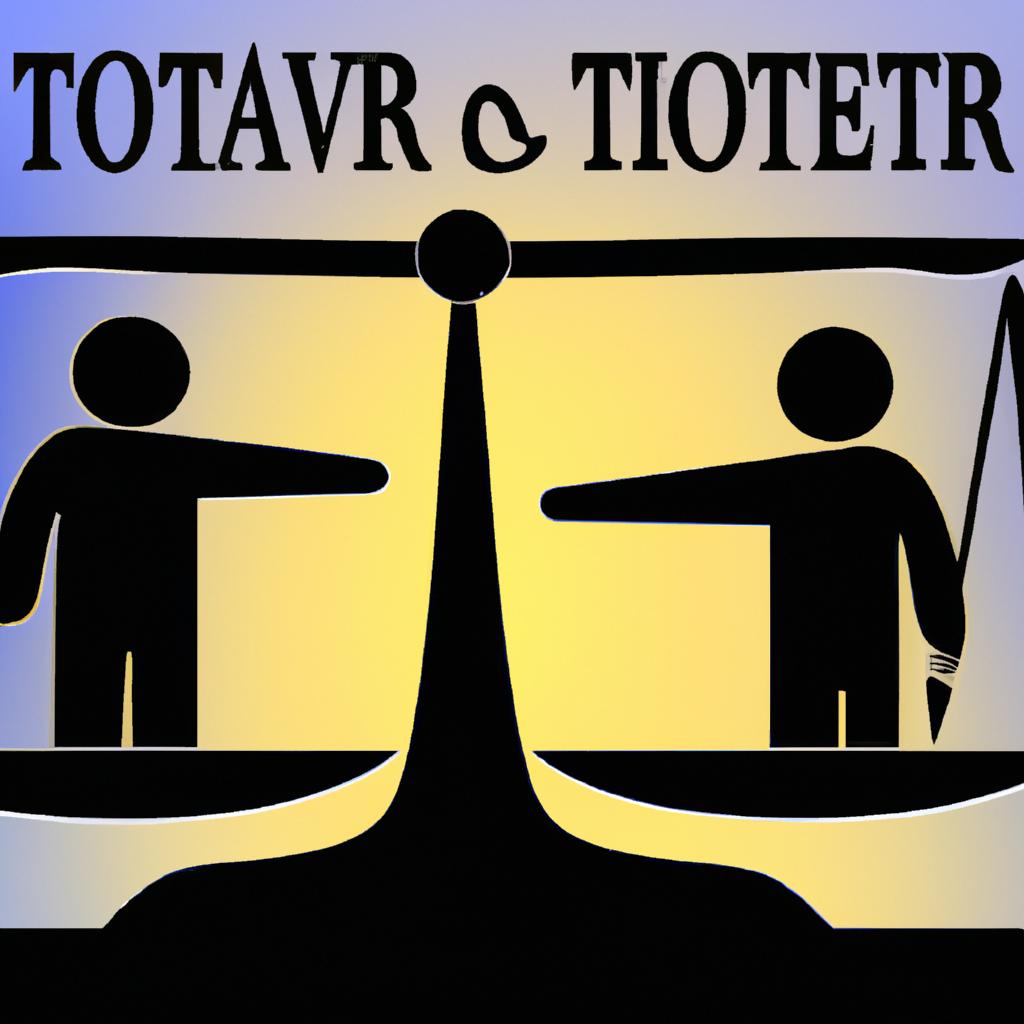
Trustee vs. Power of Attorney: Understanding Their Roles and Responsibilities
When it comes to estate planning, it is essential to understand the distinct roles and responsibilities of a trustee versus a power of attorney. Both play crucial roles in managing assets and making decisions on behalf of another individual, but their duties differ significantly. Let’s delve into the key differences between a trustee and a power of attorney:
Trustee:
- Manages a trust fund
- Distributes assets to beneficiaries according to the trust document
- Makes investment decisions
- Ensures the trust is administered according to the grantor’s wishes
Power of Attorney:
- Manages financial affairs and legal matters
- Acts on behalf of the principal to make decisions when they are unable to do so
- Can be temporary or durable
- Responsibilities cease upon the principal’s death

Key Differences Between a Trustee and Power of Attorney in Estate Planning
Trustee vs Power of Attorney
In estate planning, it is crucial to understand the key differences between a trustee and a power of attorney. While both play significant roles in managing assets and making financial decisions on behalf of the grantor, there are distinct responsibilities and powers that separate the two.
Trustee:
- Manages assets in a trust
- Distributes assets according to the terms of the trust
- Acts in the best interest of the beneficiaries
Power of Attorney:
- Manages the grantor’s financial affairs
- Can make decisions regarding the grantor’s assets and finances
- Does not have the power to distribute assets

Factors to Consider When Choosing Between a Trustee and Power of Attorney
When deciding between appointing a trustee or granting power of attorney, there are several important factors to consider. One key consideration is the level of control you wish to maintain over your assets and affairs. A trustee typically has broader powers and responsibilities than a power of attorney, as they are appointed to manage and distribute assets according to the terms of a trust. On the other hand, a power of attorney grants a designated individual the authority to make decisions on your behalf, but their powers may be more limited compared to a trustee.
Another factor to weigh is the level of oversight and accountability you desire. Trustees are typically held to a higher fiduciary standard and are required to act in the best interests of the trust beneficiaries. This can provide an added layer of protection for your assets and ensure that they are managed according to your wishes. A power of attorney, while still obligated to act in your best interests, may not be held to the same stringent standards as a trustee. Ultimately, the decision between a trustee and power of attorney will depend on your individual circumstances and goals for your estate plan.

Best Practices for Appointing a Trustee or Power of Attorney in Your Estate Plan
When it comes to appointing a trustee or power of attorney in your estate plan, there are several best practices to keep in mind to ensure the smooth administration of your assets and affairs. It is crucial to carefully consider your options and make informed decisions based on your unique circumstances and preferences.
One of the key factors to consider is the responsibilities and powers granted to each role. A trustee is responsible for managing and distributing assets according to the terms of the trust, while a power of attorney is authorized to make financial and legal decisions on your behalf. It is important to choose individuals who are trustworthy, competent, and capable of handling the duties associated with each role. Additionally, it is advisable to name alternate trustees or powers of attorney in case the primary appointee is unable to act.
Q&A
Q: What is the difference between a trustee and a power of attorney (POA)?
A: A trustee and a power of attorney (POA) are two different roles with distinct responsibilities. A trustee is a person or entity appointed to manage and distribute assets in a trust, while a POA is an individual granted the authority to make financial and legal decisions on behalf of another person.
Q: How are trustees and POAs legally appointed?
A: Trustees are typically appointed in a trust document created by the person establishing the trust, while POAs are established through a legal document granting another individual the power to act on their behalf.
Q: What are the main duties of a trustee?
A: A trustee is responsible for managing trust assets, making investment decisions, and distributing assets to beneficiaries according to the terms of the trust.
Q: What are the main responsibilities of a POA?
A: A POA is authorized to make financial and legal decisions on behalf of another person, such as paying bills, managing investments, and signing legal documents.
Q: Can one person serve as both a trustee and a POA?
A: Yes, it is possible for one person to serve in both roles, although it is important to ensure that the individual is capable of fulfilling the duties and responsibilities of each position.
Q: How can individuals choose between appointing a trustee or a POA?
A: The decision to appoint a trustee or a POA will depend on the specific needs and circumstances of the individual. It is important to consider factors such as the complexity of the assets, the level of control desired, and the extent of the individual’s trust in the appointed person.
Wrapping Up
In conclusion, whether you choose a trustee or a power of attorney to manage your affairs, it is important to carefully consider your options and select the individual who will best represent your interests. Both roles come with their own set of responsibilities and abilities, so be sure to consult with legal professionals to determine which option is best suited for your unique situation. Ultimately, the decision between a trustee and a power of attorney ultimately lies in your hands, so choose wisely and trust in your chosen representative to handle your affairs with care and diligence.

